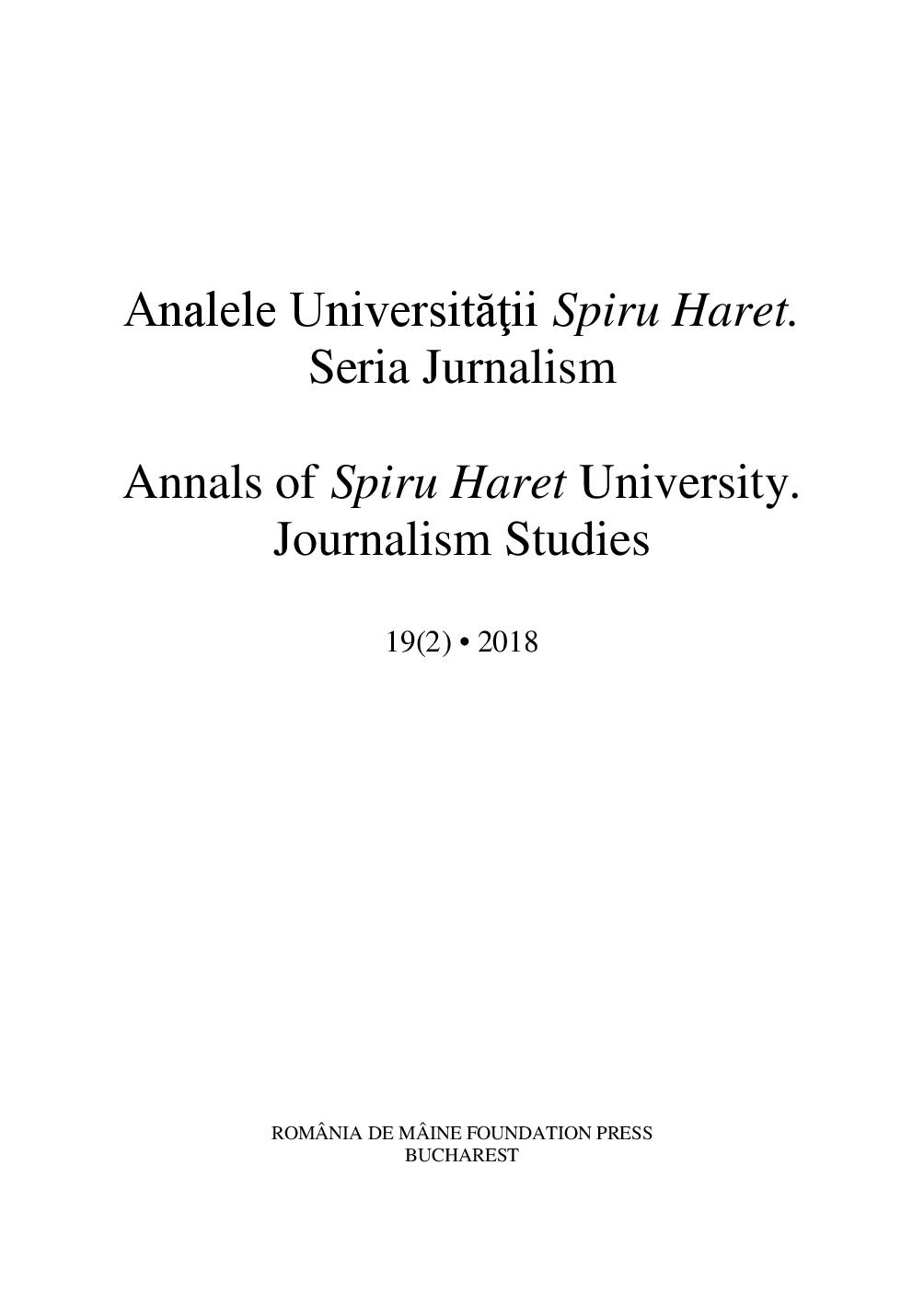PUSHKIN’S EXILE IN THE SOUTH. FOR A HISTORY OF
THE IDEAS OF EUROPEAN ROMANTICISM ON THE ROMA
PUSHKIN’S EXILE IN THE SOUTH. FOR A HISTORY OF
THE IDEAS OF EUROPEAN ROMANTICISM ON THE ROMA
Author(s): TUDOR CiprianSubject(s): History of ideas
Published by: Editura Fundaţiei România de Mâine
Keywords: Pushkin; The Gypsies; Alecsandri; Mérimée; Carmen; Bizet;
Summary/Abstract: In The Gypsies, Pushkin engages in a cultural dialogue with Byron's orientalism, on the one hand, and J. J. Rousseau’s primitivism, on the other (aiming to test Rousseau’s concept of the ‘noble savage’, who lives in a state of lawlessness, in harmony with nature, removed from the norms of civilization). Already in the 19th c., however, the poem was read almost exclusively in a simplistically autobiographical key, as an illustration of an alleged contact of the poet with a group of Gypsies, which took place during the poet’s exile in Bessarabia. This article explores the possibility of an autobiographical reading of the poem, and of the putative “local” sources of the poet during his stay in Bessarabia. Ultimately, we contend that far from being an ethnographical description of Roma people, or an autobiographical account of some wild love affair of the poet with an “untamed Gypsy woman”, in fact, the 1824 poem represents a brilliant fictionalisation of the Gypsies, and that, moreover, a Romanian folklore piece plays a crucial role in the underlying significations of the text.
Journal: Analele Universităţii Spiru Haret. Seria Jurnalism
- Issue Year: 19/2018
- Issue No: 2
- Page Range: 98-107
- Page Count: 10
- Language: English
- Content File-PDF

